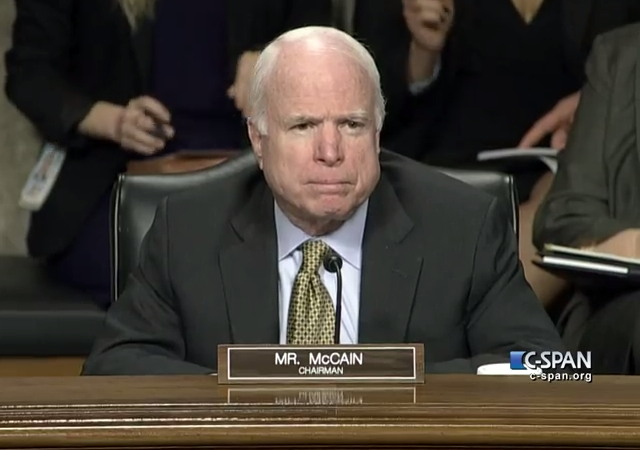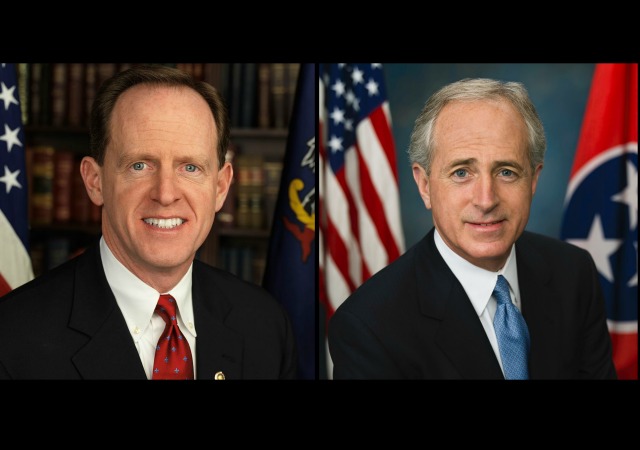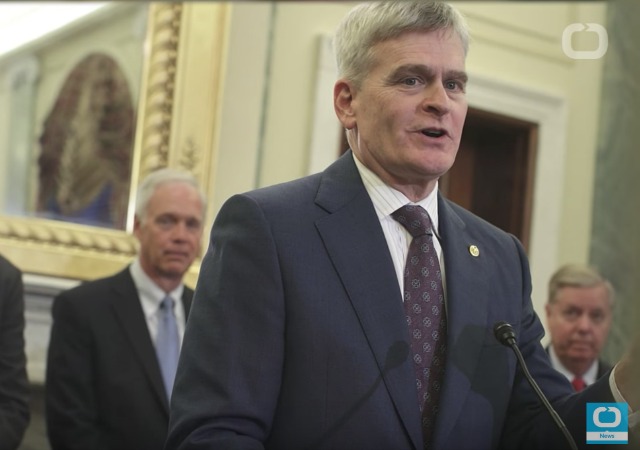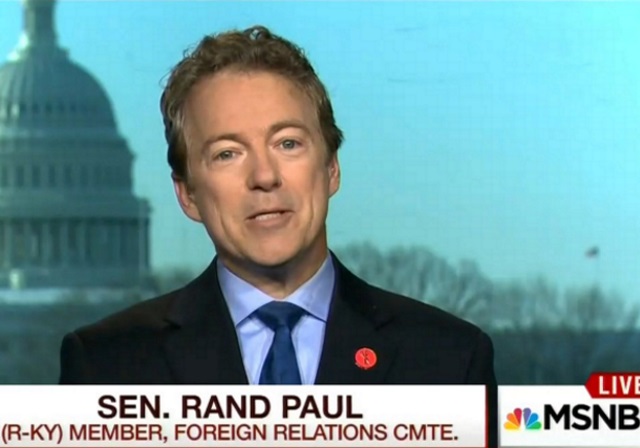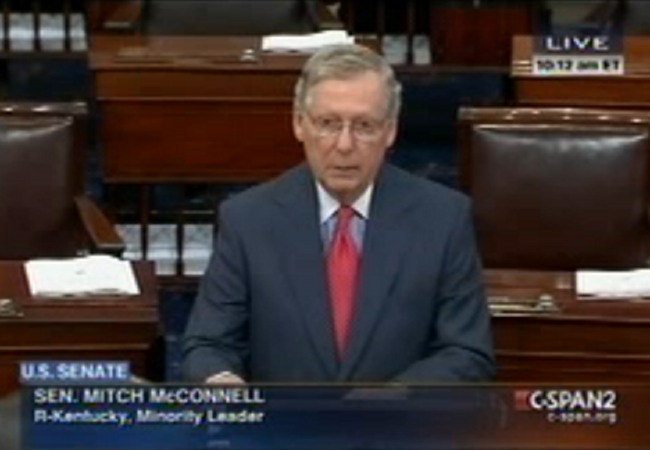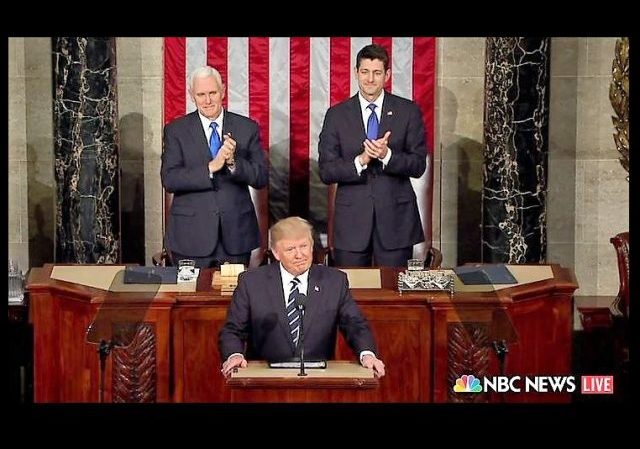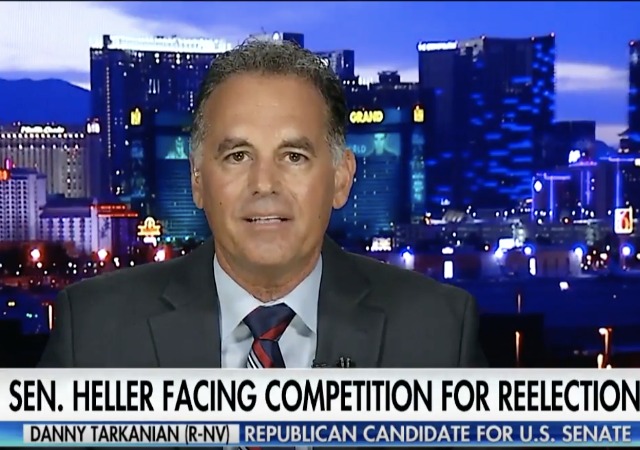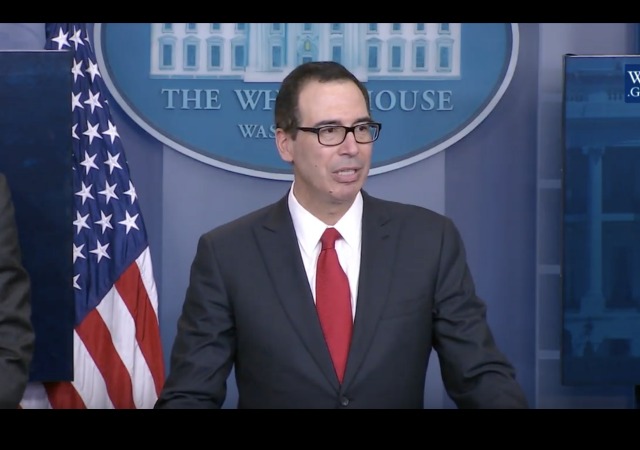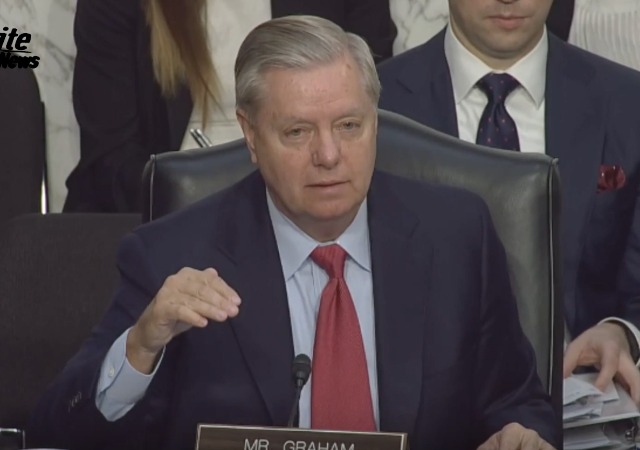McCain ‘Cannot in Good Conscience’ Vote for Obamacare Repeal Bill
on September 22, 2017
56 Comments
Sen. John McCain (R-AZ) officially decided he will vote no on the Graham-Cassidy bill, which is the latest attempt the GOP has taken to repeal and replace Obamacare. From CNN:
"I cannot in good conscience vote for the Graham-Cassidy proposal," the Arizona Republican said in a statement. "I believe we could do better working together, Republicans and Democrats, and have not yet really tried. Nor could I support it without knowing how much it will cost, how it will effect insurance premiums, and how many people will be helped or hurt by it. Without a full CBO score, which won't be available by the end of the month, we won't have reliable answers to any of those questions."

